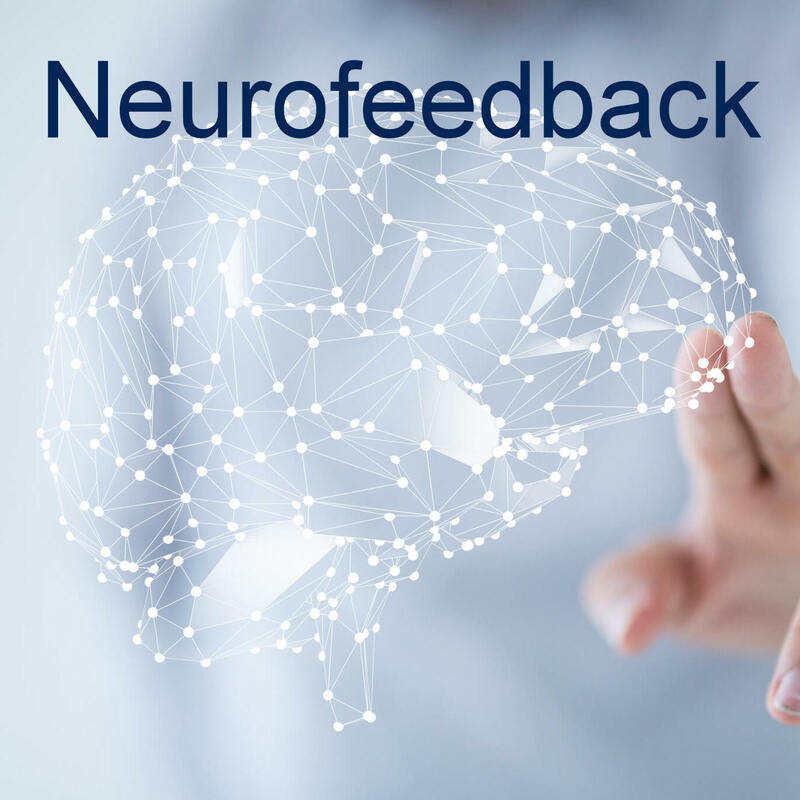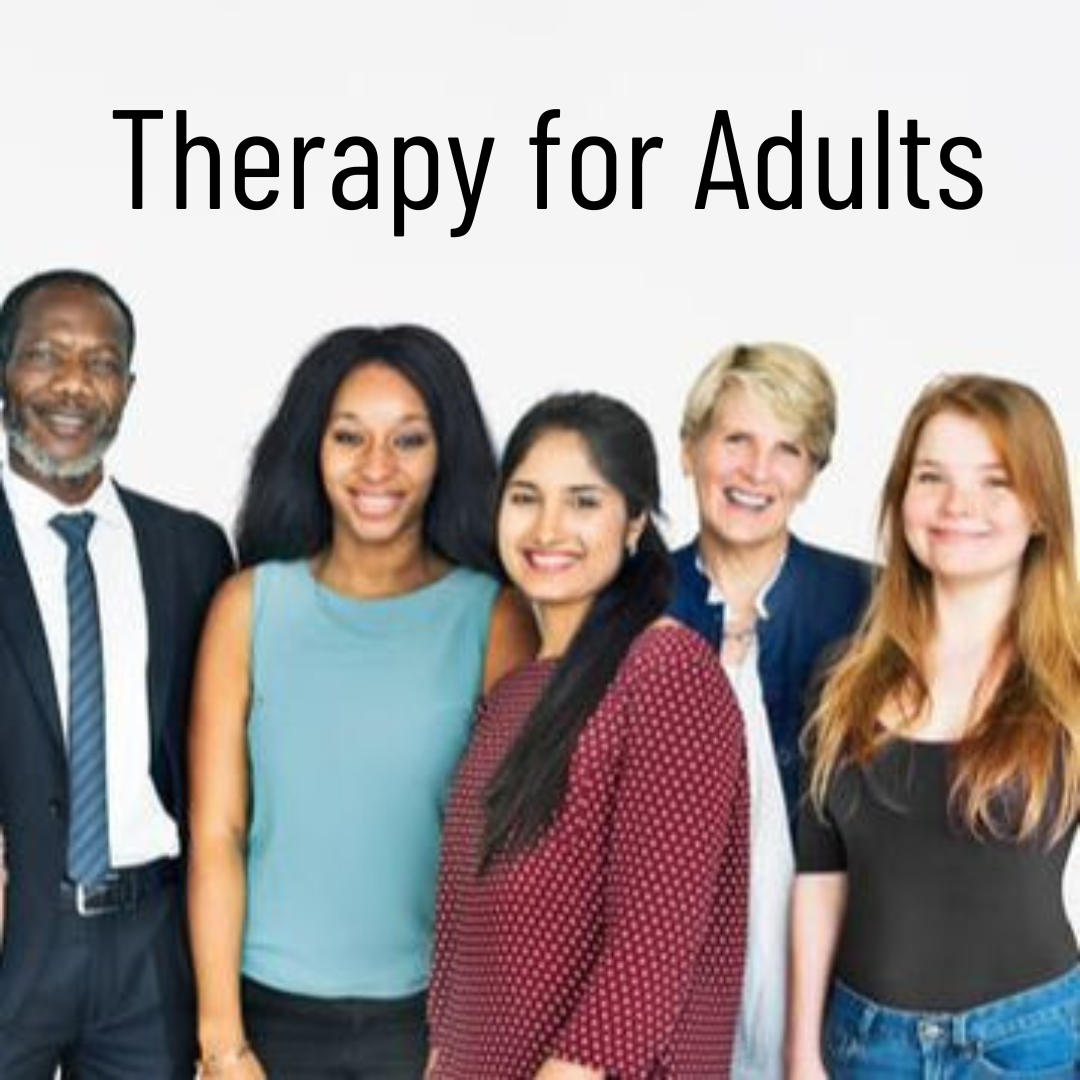|
by Jessica Satkunasingham, LMSW Have you ever struggled talking to your child after school? When you ask them how their day was do you get “fine”, “okay”, or some other one-word answer? I know that it is something that I struggle with daily. I always wondered why my children have been so reluctant to talk about their school day with me until I realized that when they get home from school, they are probably tired and having difficulties with their memory. I don’t mean that my children have a problem, I mean that they have spent their entire day working their brains learning and trying to remember facts, so now they can’t recall the individual events of the day.
Since I realized this, I began changing the way I spoke to my kids after school. Instead of asking how their day was and expecting more than one-word replies, I ask about individual events of the day. I ask them “who made you smile today?” or “Tell me what you ate for lunch?” (assuming I didn’t pack it.) I often ask them things that I already know the answer to because this allows their memory to begin recalling activities and helps me engage with my child. The other thing that is helpful is reaching out to their teacher at the beginning of the year and getting the general schedule for the class including specials and class structure. This allows me to ask more specific questions like “What did you do in gym today?” or “Tell me about the art project you are working on.” These types of questions are usually met with “how did you know that I had art today?” which allows me to engage my children on a different level.
0 Comments
Leave a Reply. |
Archives
October 2023
Categories
All
|


















